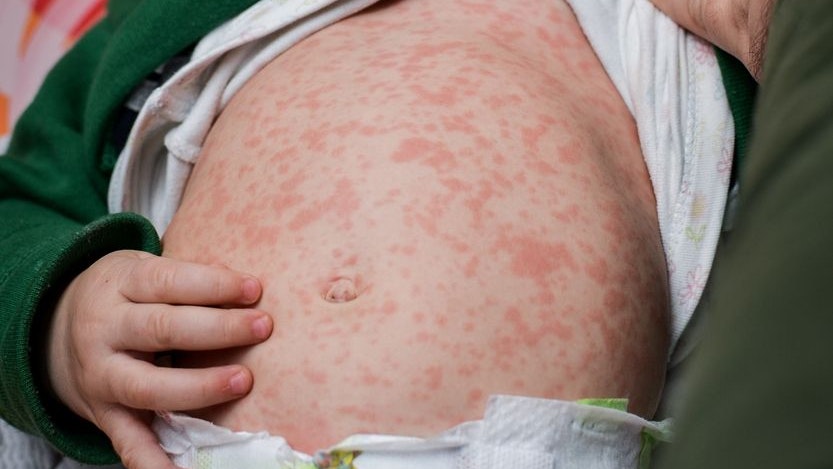June 10, 2025 – After a challenging period with a significant measles resurgence, promising news comes from some hard-hit U.S. states. Health officials report a notable slowdown in the major Texas outbreak. The Texas health department noted no new cases in the state since June 3. Furthermore, the Centers for Disease Control and Prevention (CDC) has officially declared the measles outbreaks in both Pennsylvania and Michigan over. This signals that the US measles outbreak is receding in key areas.
This positive development arrives as the U.S. battles its most extensive measles resurgence in decades. So far in 2025, the nation has confirmed over 1,100 measles cases. These span at least 34 jurisdictions. This marks the second-highest annual count in 25 years. Indeed, this alarming rise largely stems from international travel and pockets of undervaccinated communities. The highly contagious virus finds fertile ground there.
The U.S. logged 122 more cases of measles last week — but only four of them in Texas — while the outbreaks in Pennsylvania and Michigan officially ended. https://t.co/01m8QjhSQs
— KSN News Wichita (@KSNNews) June 10, 2025
The Texas outbreak, centered primarily in Gaines County, involved an undervaccinated Mennonite community. It represented the nation’s largest outbreak. It also accounted for a substantial portion of this year’s total cases. State health officials now estimate less than 1% of confirmed cases are currently infectious. This signals a clear turning point. This slowdown reflects intense public health interventions. It also suggests a reported increase in vaccination rates in the affected areas.
Similarly, Pennsylvania and Michigan now confirm their respective measles outbreaks have ended. The CDC officially declared these outbreaks over. This followed a sustained period of six weeks with no new confirmed cases in each state. This provides a clear example of how aggressive public health responses can work. These include contact tracing, isolation, and targeted vaccination efforts. They successfully end local transmission chains.
However, vigilance remains critical despite these successes. Measles is caused by a highly contagious virus. It spreads easily through the air when an infected person breathes, sneezes, or coughs. The virus can also survive on surfaces for up to two hours. Other states continue to manage active measles outbreaks. These include Colorado measles cases, as well as those in Illinois, Kansas, Montana, New Mexico, North Dakota, Ohio, and Oklahoma, as reported by the AP. Moreover, two elementary school-aged children in West Texas and an adult in New Mexico tragically died from measles this year; all were unvaccinated.
The MMR (measles, mumps, and rubella) vaccine offers the most effective defense. Experts affirm two doses of the MMR vaccine provide about 97% protection against measles. Achieving high community vaccination rates, ideally above 95%, establishes “herd immunity.” This protects vulnerable individuals. It includes infants too young for vaccination or those with compromised immune systems. This collective effort is crucial for the US measles outbreak receding further.
Ultimately, the ebb and flow of these outbreaks underscore a vital public health message: vaccination protects individuals and communities. While some states celebrate the containment of their outbreaks, the overall national landscape demands continued attention. Health authorities urge anyone unsure of their vaccination status to consult a healthcare provider. This proactive step helps prevent further resurgences and safeguards public health.

















+ There are no comments
Add yours